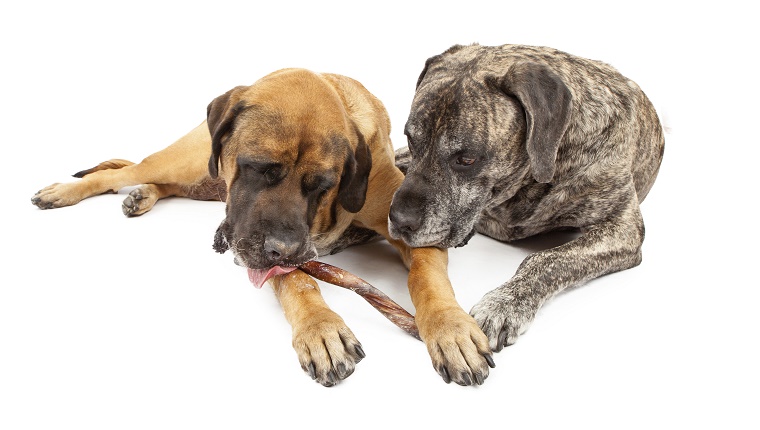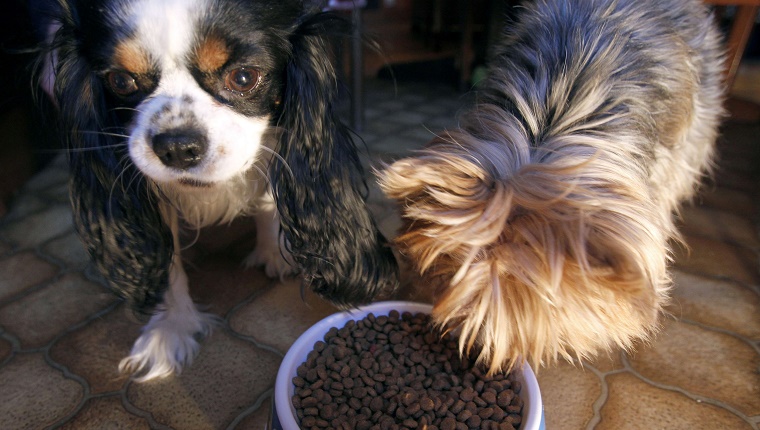Are dogs capable of kindness, even when they get nothing back in return? A new experiment says they are. Researchers in Austria wanted to measure if dogs were able to act prosocially, or exhibit voluntary behavior that benefits another or society as a whole. Humans do this when they share, co-operate, donate, etc. But, as the experiment shows, dogs act prosocially, too.
Since dogs are so social with humans, measuring their ability to be prosocial is difficult, as they may be acting out of obedience or reacting to cues from people. So the experiment had to remove people from the equation. For the experiment, two dogs were placed by themselves in cages next to each other. One dog had the ability to move one of two trays toward the other dog. One tray had a treat, and one was empty. The “donor dog” who moved the trays could not get the treat himself. So there was nothing in it for him if he gave either tray to the other dog. Well, nothing except the good feeling of doing something nice for someone else.

As it turns out, dogs were likely to give the treat to another dog. They were even more likely to do it if they were familiar with the other dog. This is similar to human prosocial behavior, since humans are capable of helping strangers, but are more likely to help someone they care for.
The reason why dogs do this is still a mystery that needs more study to solve. Why do you think dogs do this? Is it to strengthen their pack by sharing resources? Are they just inherently good animals? Or do you think the experiment is flawed? Let us know in the comments below.
Related Article: Researchers Confirm Dogs Like To Work For Their Treats









